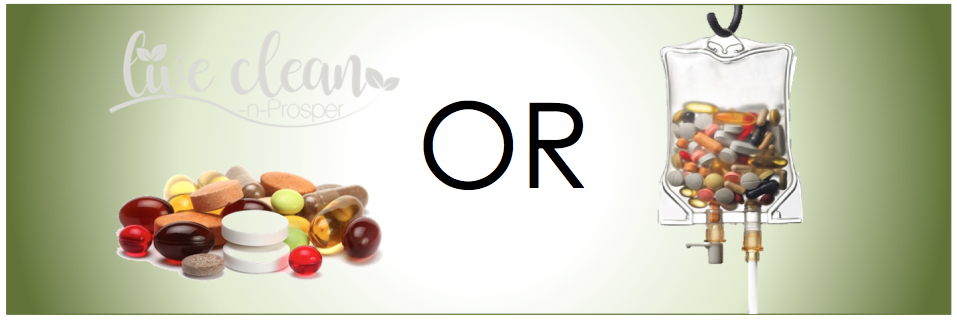Todays post is about how our body, or more specifically the liver, deals with alcohol.
Many of us indulge in an alcoholic beverage on a regular basis. Some people indulge more regularly and in greater quantities than others. Most of us know the basics of what happens in our bodies when we drink alcohol.
Scott has recently covered this subject in his studies and I thought it was interesting. I decided to learn more details and share this information.
How the alcohol is initially absorbed.
Alcohol absorption begins in the stomach. However, it is absorbed much more rapidly in the small intestine due to the larger surface area. So, the longer the alcohol remains in the stomach, the slower the rise in the blood alcohol level. Fatty acids slow down the movement of food through the stomach. Therefore the consumption of foods higher in fats will slow the rise of blood alcohol. This will also give time for the enzyme alcohol dehydrogenase (ADH) to start breaking down the alcohol.
Alcohol dehydrogenase is our primary defence against alcohol, a toxic molecule that compromises the function of our nervous system. The high levels of alcohol dehydrogenase in our liver and stomach detoxify about one drink (10grams of alcohol) each hour.
Once the alcohol enters the blood stream, it goes directly from the digestive tract to the liver.
The science
In the liver there is more alcohol dehydrogenase to break down ethanol in the blood. The alcohol dehydrogenase breaks alcohol down into another compound, acetaldehyde. Next, another enzyme, called aldehyde dehydrogenase (ALDH) breaks it down further into acetate, another metabolite.
This can then be converted to Acetyl coenzyme A, (acetyl-CoA), an important molecule used in metabolic processes. It is primarily used by the body for energy production and is an essential component in balancing carbohydrate and fat metabolism
What does this mean?
On those occasions when we consume alcoholic beverages while eating pizza and deep fried foods, followed by cake and ice cream, the body deals with the alcohol first.
This is because the liver recognises the alcohol as the most toxic substance in the body at the time.
So while the liver is dealing with the alcohol, the fats and sugars are getting pushed into the blood stream to wait. This also means that the liver will first break down the alcoholic beverage into its main components and then dealing with the alcohol first.
The liver requires certain essential nutrients from the body to do its job. It also works through the toxins in 2 phases. If there are not enough nutrients available for the liver to do its job, this causes the by-products to hang around for a lot longer in between the phases. This can then cause other issues.
Supporting the liver
It is possible to provide support to the liver so that it can metabolise alcohol more effectively, therefore reducing long-term damage.
The 2 phases of detoxification require different nutrients.
Phase 1 requires B group vitamins, Folic acid, Glutathione, Antioxidants, Carotenoids, vitamins E and vitamin C.
Phase 2 requires Amino Acids (Glutamine, Glycine, Taurine & Cystine) and sulphurated phytochemicals found in garlic and cruciferous vegetables (broccoli, cauliflower, cabbage & Brussels sprouts)
There are also certain compounds available that may be helpful.
- Grape seed extract is a well-known antioxidant that assists liver function.
- Grapefruit seed extract increases gastric protection
- Vitamin C
- Zinc
- Curcumin (found in Turmeric)
Current Australian health guidelines state “For healthy men and women, drinking no more than two standard drinks on any day reduces the lifetime risk of harm from alcohol-related disease or injury.” (NHMRC 2009) Sources – Principles of Anatomy & Physiology by Gerard J Totora/Bryan Derrickson, https://en.wikipedia.org, https://pdb101.rcsb.org
With this in mind, a good diet consisting of whole, unprocessed foods goes a long way in supporting the liver. Many of the nutrients essential for optimal liver function are found in fresh fruit and vegetables.
I hope you found this information interesting.
Till the next post,
Live clean n prosper



